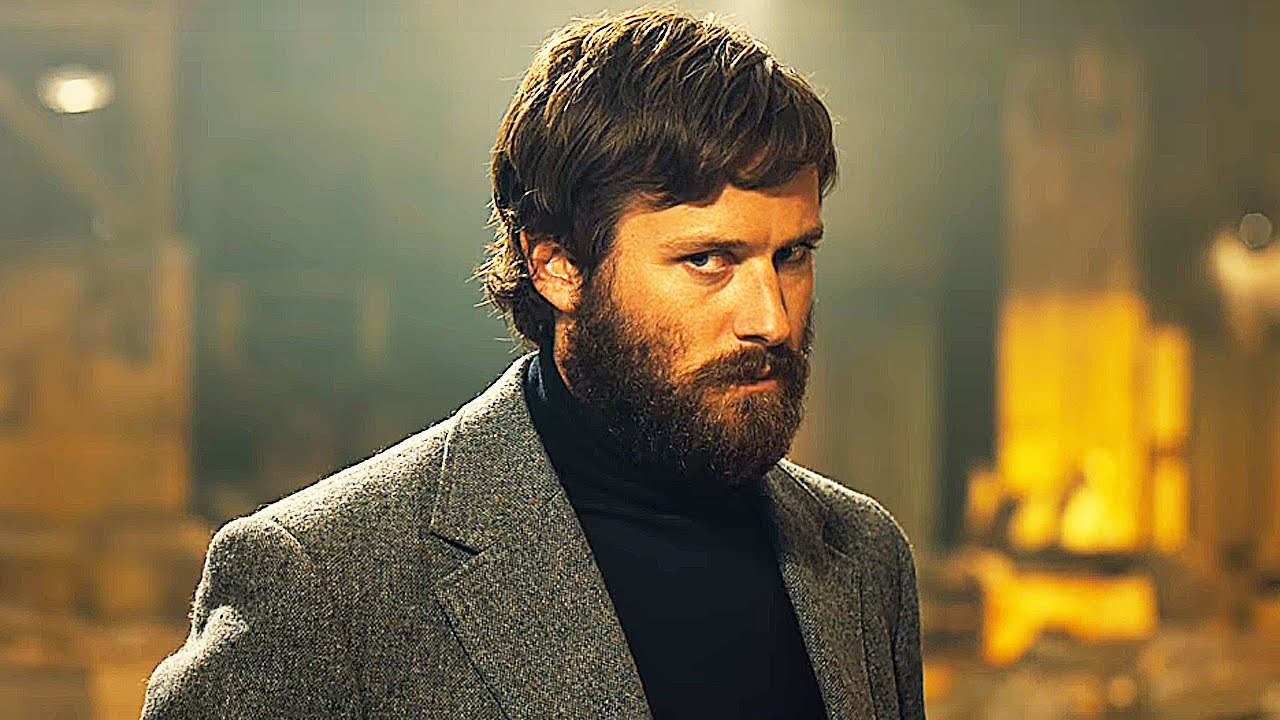
Outside of Disney, it is rare to find a movie studio that has its own fanbase. Fortunately, the NYC based A24 is no ordinary film studio. In a risk-averse cultural landscape increasingly stuffed with blockbusters, sequels, and remakes, A24 stands out due to their penchant for specialty filmmaking. Often boundary-pushing, challenging, or just plain bizarre, the studio has brought an auteur sensibility back into the mainstream. If the 25 Oscar nominations and devoted fans are any indications, they certainly seem to be doing something right. Films like Hereditary and Moonlight are already well on their way to becoming modern classics and have found their way into our cultural zeitgeist.
Of course, no studio can make hits 100% of the time. A24 deserves all the credit in the world for its willingness to fund the creativity of its artists, but specialty films are inherently a risk. Sometimes they do not find their audience right away and can slip through the cracks. This list will run down 10 of the best and most underseen films to come out of everybody’s favorite indie filmmakers over at A24.
1. Free Fire (2016)

Star-studded, free-wheeling, and absolutely insane, Ben Wheatley’s 2016 action-comedy Free Fire is 90 minutes of pure chaos and gunplay, and is by that measure a total blast. The cast is stacked especially for this type of pulp action, featuring the likes of Brie Larson, Sharlto Copley, Cillian Murphy, and Armie Hammer. The barebones plot follows an illegal gun sale gone wrong between two groups of characters, most of whom are somewhere on the psychopath spectrum. As more information is revealed about these characters and their histories with each other, violence changes from threat to inevitability.
The bulk film is one long action set piece, but Wheatley tracks all the characters, bullets, and motivations with an assured hand, packing in some sharp dialogue wherever possible. Part Free Fire’s success is owed to smart blocking and camera placement, and part is due to how well drawn and performed these characters are. Not only viewers can tell exactly where everybody is and who they are shooting at, but why they are shooting at any given point. Given the current era of mainstream action with its quick cuts and relentless shaky cam, Free Fire stands as an example of action done properly. Regrettably, it was underseen upon release, but seems to have found its audience recently with its addition to Netflix. Fly, bullets! Fly!
2. The Monster (2016)
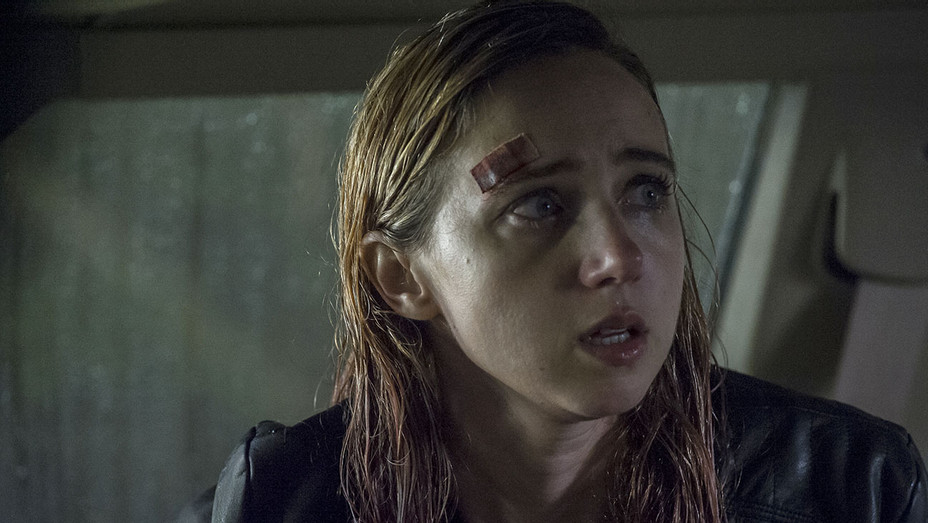
Taking a page from the likes of The Babadook, It Follows, and Hereditary, The Monster uses its horror elements allegorically to explore primal, deeply human struggles in a way that only this genre can. The film follows a mother (Zoe Kazan) and daughter (Ella Ballentine) whose car breaks down on a dark road in the middle of nowhere. The two quickly find themselves fighting for their lives as they are stalked by, well, a monster, believe it or not.
Like Free Fire, The Monster is a deceptively simple premise elevated by the relationship between its characters, as well as assured direction and solid scares from director Bryan Bertino. By getting viewers invested in the two main characters, each jolt of terror is elevated as they are thrust deeper and deeper into danger. The symbolism of the monster itself is far from subtle but works great with the minimal, utilitarian aesthetic of the film. The roadside setting may be pretty bare, but Bertino works efficiently within his limitations to wind up the tension as the story builds to its surprising – if inevitable – conclusion. The Monster received a VOD and limited theatrical release in 2016 but is an oft-overlooked entry in A24’s robust horror catalogue.
3. Morris From America (2016)
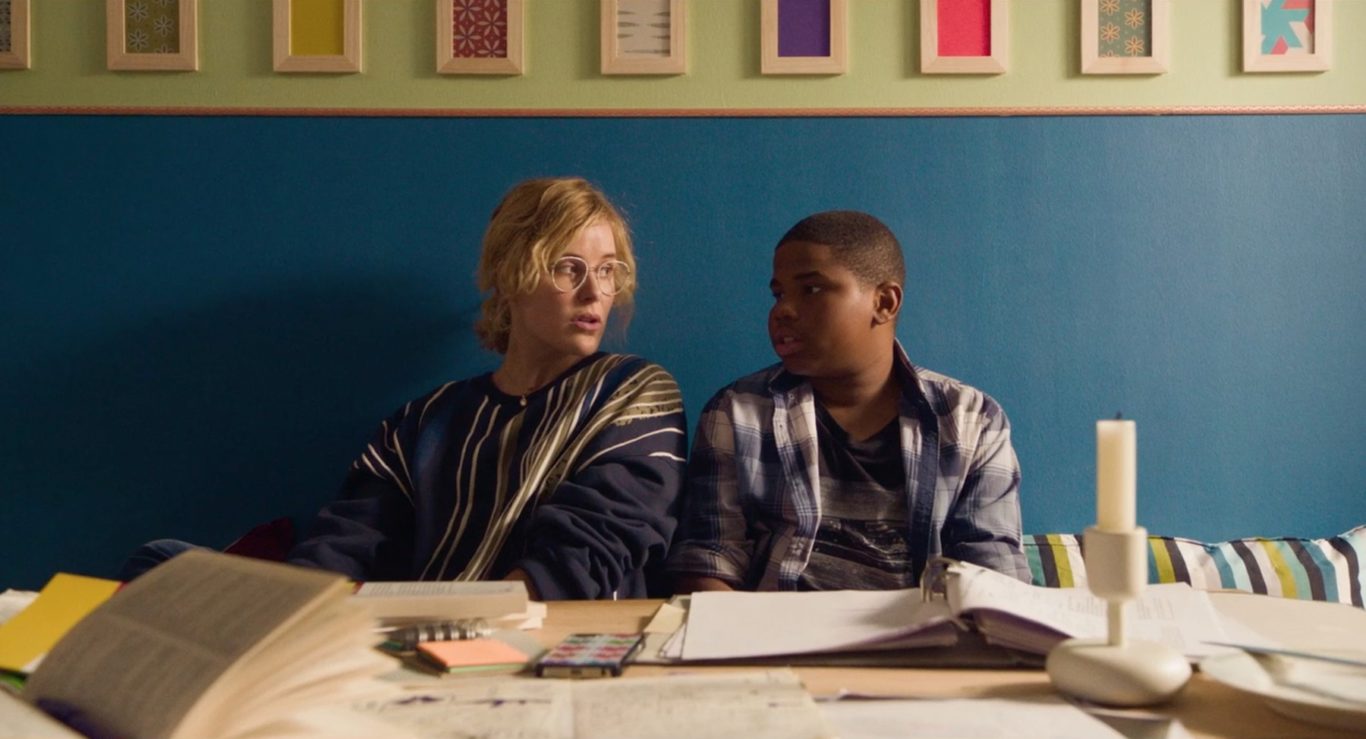
While A24 is perhaps less regarded for its comedies, Morris From America proves to be a relentlessly charming slice-of-life from director Chad Hartigan. The film follows budding 13-year-old rapper Morris (Markees Christmas) as he moves across the world to live with his father (Craig Robinson) in Heidelberg, Germany. A fish out of water in multiple ways, the film follows young Morris’s journey through adolescence in a world that feels entirely unfamiliar.
Morris From America, in true A24 fashion, is carried the strength of its characters and the performances that bring them to life. While its plot beats may be familiar to anybody who has seen this type of coming-of-age film before, the chemistry between Markees Christmas and Craig Robinson is palpable and is the source of the film’s most charming moments. It is heartwarming to see these two characters learn from one another and come into their own as the film goes on. It does not do anything revolutionary with the format, but you would be hard pressed to find cinematic comfort food that hits the spot quite like Morris from America.
4. Krisha (2015)
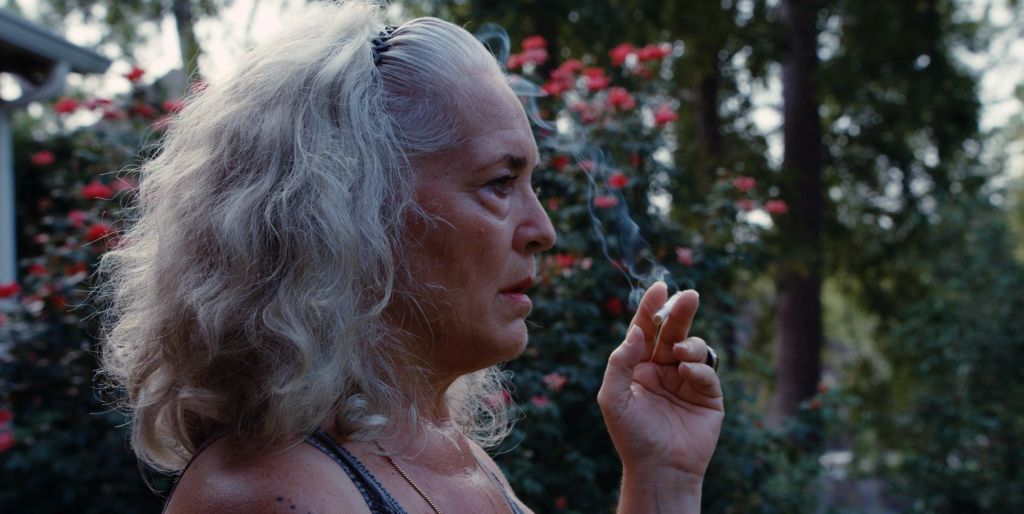
Broken family dynamics really do seem to be A24’s bread and butter, but when the films come out so good, who can blame them? As far as this “dysfunctional family” subgenre goes, Krisha is a particularly strong yet underseen entry. Debut director Trey Edward Shults follows Krisha (Krisha Fairchild, Shults’s real aunt), a woman in her mid-sixties struggling with addiction, as she attends Thanksgiving dinner with her partially estranged family. Each family member has their own personal history with Krisha, and each react to her attempts at reconciliation in different ways.
Not only did director Trey Edward Shults loosely base the plot of Krisha on real life family drama, he took it a step further and casted his real family in most of the roles. This could be misconstrued as a gimmick, but in practice it grounds the film to an almost uncomfortable level of realism. The performances feel, for lack of a better term, truly lived-in and keep the film tense and engaging during the long stretches of dialogue. It may cut a little too deeply for some, but Krisha proves to be one of the strongest and most heart wrenching dramas A24 has to offer.
5. Obvious Child (2014)
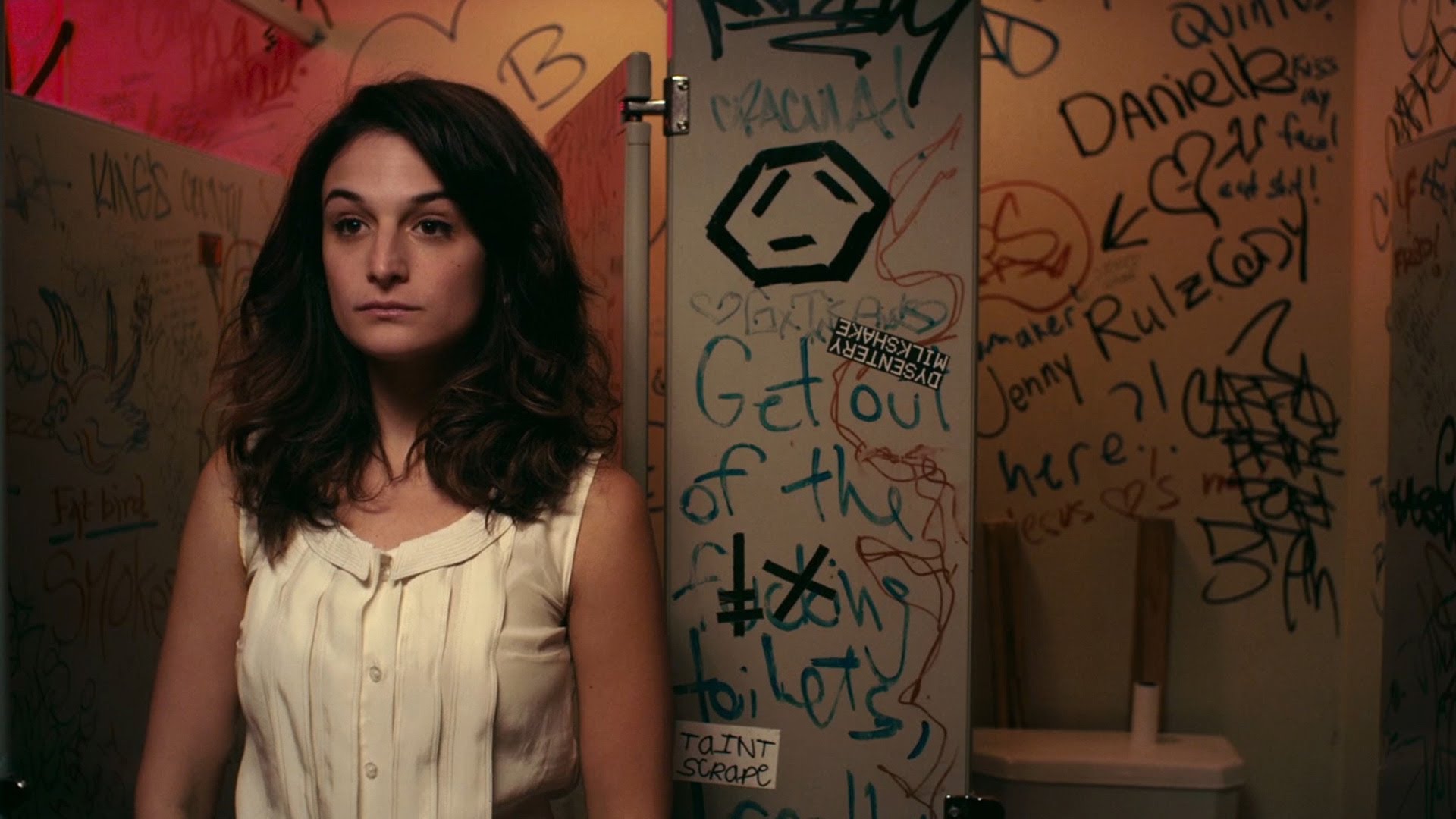
In Gillian Robespierre’s 2014 directorial debut Obvious Child, Jenny Slate plays a newly single young comedian who finds herself pregnant after a drunken one-night stand. Fully aware that she is in no place to have a child, she decides to terminate the pregnancy and schedules an abortion. If that sounds like some heavy subject matter, never fret – this is also a romantic comedy in the vein of Juno or Knocked Up with some key distinctions.
Obvious Child’s lack of mainstream recognition is owed at least in part to advertising posters which directly labeled the film an “abortion comedy.” However, this is also emblematic of what makes it so important: Robespierre set out to honestly depict a woman’s experience with unplanned pregnancy and abortion in an affirming, gentle, and remarkably funny way, and that works best when the subject matter is front and center. Jenny Slate’s gives an alternately hysterical and real performance in a challenging role. The film’s matter of fact, normalizing approach to a difficult topic helps Obvious Child to effortlessly nail its tricky tonal balance, making for one of the best and most underappreciated comedies of the 2010s.